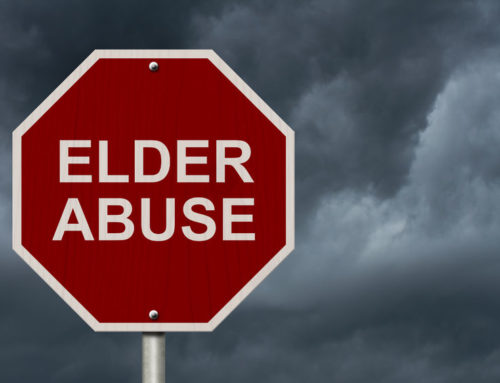Another advanced directive that is completed when a power of attorney for healthcare is established is a DNR order. DNR stands for Do Not Resuscitate, meaning that should your vital functions such as heartbeat and respiration cease, you do not wish for medical professionals to administer life saving techniques. Without a DNR order, healthcare professionals must try to save a patient’s life.
A DNR order does not mean do not treat. It simply means that if you stop breathing or your heart stops beating nurses or doctors will not attempt: CPR, chest compressions, mouth-to-mouth resuscitation, electric shock, opening of airways, injection of medication or open chest heart message.
Many people choose DNR’s because of religious beliefs, and others choose it as a means to not prolong life when a terminal illness or advanced age has occurred. All states permit DNR orders, but each state has specific requirements, forms and rules that must be abided by for validity.
In most states, you must have a signature from the patient and two witnesses. It may be possible for a verbal DNR to be given and witnessed as well. In the event no DNR has been signed, the family typically decides, which is a difficult situation for your loved ones to be put into. Few people can give a DNR order for a loved one without questioning their decision or regretting their choice.






